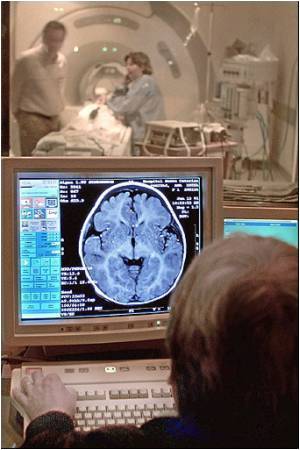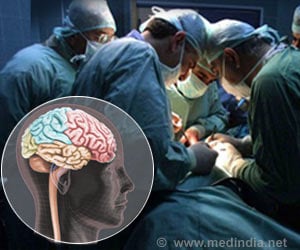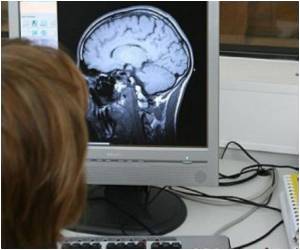Using subconscious mental categories the brain creates, it breaks experiences into the events, or related groups that help us mentally organize the day's many situations.

This dynamic, which the researchers call "shared temporal context," works very much like the object categories our minds use to organize objects, explained lead author Anna Schapiro, a doctoral student in Princeton's Department of Psychology.
Supporting this idea is brain activity the researchers captured showing that abstract symbols and patterns with no obvious similarity nonetheless excited overlapping groups of neurons when presented to study participants as a related group.
From this, the researchers constructed a computer model that can predict and outline the neural pathways through which people process situations, and can reveal if those situations are considered part of the same event.
"The model allows us to articulate an explicit hypothesis about what kind of learning may be going on in the brain," Schapiro said.
"It's one thing to show a neural response and say that the brain must have changed to arrive at that state. To have a specific idea of how that change may have occurred could allow a deeper understanding of the mechanisms involved," she added.
Source-ANI
 MEDINDIA
MEDINDIA




 Email
Email






